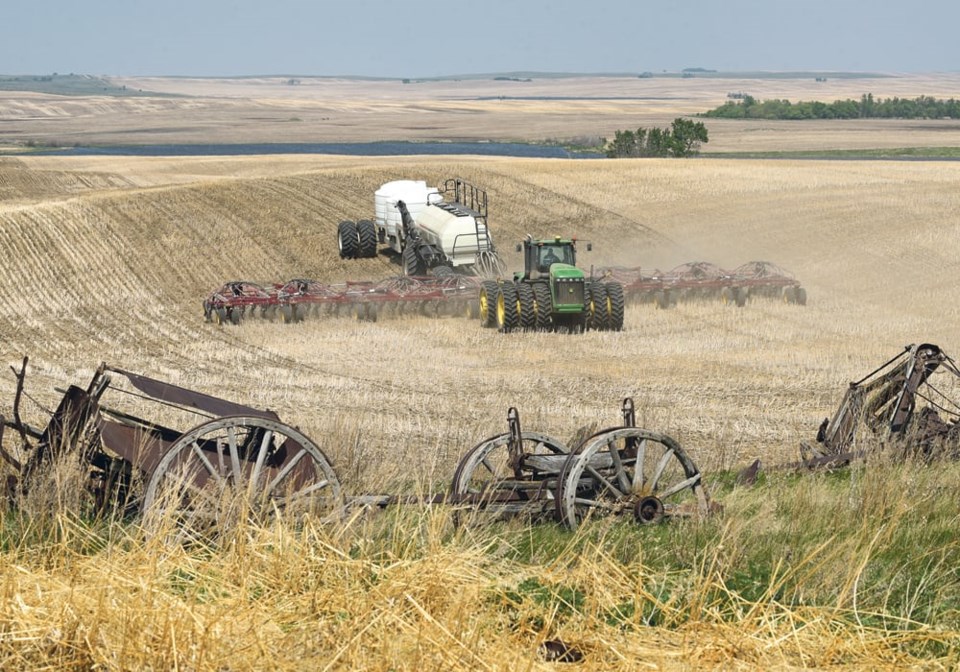WESTERN PRODUCER — Do you remember that kid in high school, the one you and your friends jokingly called a nerd and then, also jokingly, admitted that he or she will likely be successful and popular later in life?
Can you now hear yourself saying, “we’ll probably be begging her for a job when we’re older?”
What do we do when we find out years later that our flippant assessments were accurate? Do we learn to have more confidence in our ability to observe the things around us and interpret them as signs of what is to come? Do we feel encouraged to assess current situations in relation to their future implications?
Most of us can recall at least one correct prediction but I believe few of us would answer “yes” to any of those questions.
I think this problem stems from an aversion to placing things in historical context, and it’s a problem that keeps the agriculture industry in a state of arrested development.
For agriculture to push through the doldrums and out of the closed loop it finds itself floundering in, it will need to develop a deeper appreciation of history coupled with much keener observation skills. (These are not skills of mine, but I am working on changing that.)
I am being intentionally hyperbolic here.
There is no single answer that will revolutionize farming in Canada; no golden ticket. It’s important we don’t waste our time looking for something that doesn’t exist.
Say, for example, you have a hunch that the mechanisms in place to deliver agricultural policy recommendations from farmers to lawmakers are ineffective and will stall the sector.
You speak out and people listen because it’s an interesting comment, but nothing is done. The system you’re criticizing is too deeply interwoven to easily change. You tell yourself, “agriculture in Canada isn’t going to move beyond talking about business risk management programs or comparing itself to the United States if these systems remain in place.”
Ten years later, when the sector has stalled and is still talking about business risk management programming and the U.S., do you consider it proof that your theory was correct — that when those signs are present and identified, these outcomes are more than probable? Or, have you forgotten about your earlier prediction and treat the issue as a current one and as one that is symptomatic of the way things are now, as opposed to the way things were?
Poor agriculture policies implemented by Prime Minister Justin Trudeau’s government needn’t be entirely the fault of the Liberal government. They could have roots that run deeper than just a few political terms.
If the sector could reverse engineer its current slate of policies to allow everyday farmers like me to better understand what circumstances led to the way things are today, I think the industry would have the solid footing it needs to initiate large, systemic changes.
The agriculture sector must find ways to mitigate forgetfulness, develop a deeper knowledge of its history and learn to better assess its current systems.
I hope that someday I’ll be sitting around a board table amid a diverse representation of farmers, and, when I suggest we ask government to change the AgriStability reference margin, someone will say, “Mr. Dyck, thanks for your input, but we have moved past this issue and here’s how we did it.”
Toban Dyck farms in southern Manitoba and shares his thoughts through media platforms.

